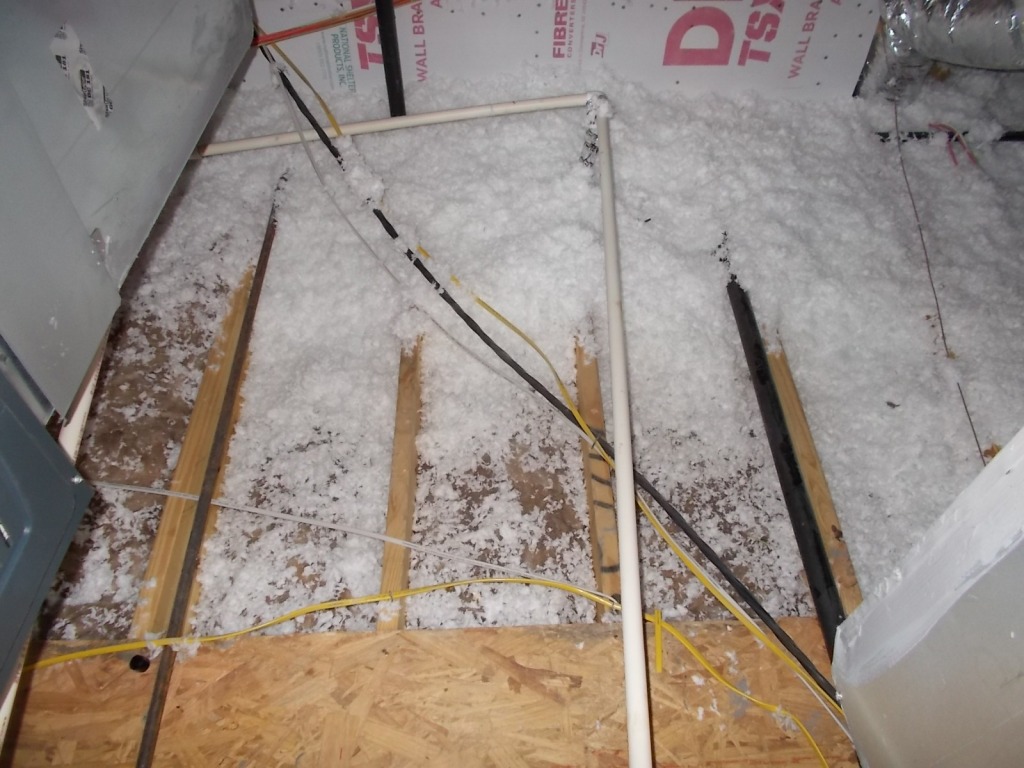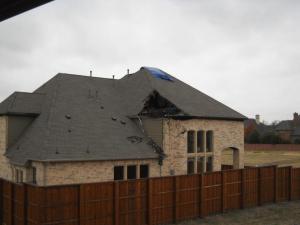When considering a home purchase, hiring a home inspector is crucial. Although it takes time, it can be a wise investment, potentially saving you significant money down the line. But what exactly does a home inspector search for in a property?
Home inspectors are skilled at identifying major issues that may need attention. Even if a house appears well-maintained, looks can be deceiving.
So, what exactly does a home inspection entail?
Well, it covers a lot.
“There are approximately 1,600 items on our checklist that home inspectors are expected to assess,”
A thorough home inspection can benefit the buyer immensely. With a home inspection contingency in your offer, you can negotiate with the seller to address certain issues or adjust the price accordingly. If the problems are too significant (like foundation issues or a failing roof), you have the option to back out of the deal with your deposit intact. Either way, it’s a win-win for potential buyers.
For instance, this home inspection identified a problem with the insulation.

A standard home inspection checklist includes:
- Grounds: Inspectors assess the grounds for potential water issues such as standing water and improper grading or drainage. They also evaluate the landscaping, looking for healthy trees and shrubs, and examine structures like pathways, retaining walls, sheds, and railings.
- Structure: They examine the foundation for stability, ensuring the structure is straight and sound. This is especially important for older homes.
- Roof: Inspectors look for roof defects like damaged shingles, flashing, or fascia, which can lead to leaks and water damage. They also check gutters, chimneys, and skylights.
- Exterior: This involves inspecting the siding for cracks or decay, checking for masonry issues, and ensuring proper clearance between siding and soil to prevent moisture damage.
- Windows, doors, trim: Inspectors assess the condition of windows and doors, checking for rot, secure frames, and intact glass.
- Interior rooms: They look for signs of structural issues like leaning walls or water damage, and assess insulation and heating vents.
- Kitchen: Inspectors ensure proper venting, check for electrical safety, and assess the functionality of cabinets and appliances.
- Bathrooms: They verify that toilets, drains, and fixtures are functioning correctly and securely fastened.
- Plumbing: Inspectors evaluate pipes, drains, water heaters, and water pressure, and check for leaks or water damage.
- Electrical systems: They check wiring, panels, switches, and outlets to ensure they are in good condition and functioning properly.
How you can assist during a home inspection:
Before the inspection, inform the inspector of any concerns or issues with the property. If the seller has disclosed damage, make sure the inspector is aware.
Accompanying the inspector during the inspection is also wise. This allows you to understand the property’s systems and potential problems. For example, the inspector can show you important features like electrical panels and water shut-off valves, and explain any issues they find. This knowledge will be invaluable not only during the purchase process but also once you’ve moved in.
1st Inspect

